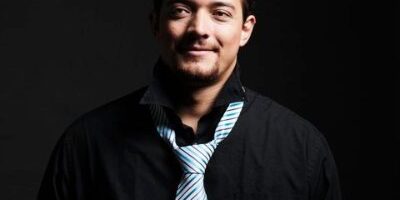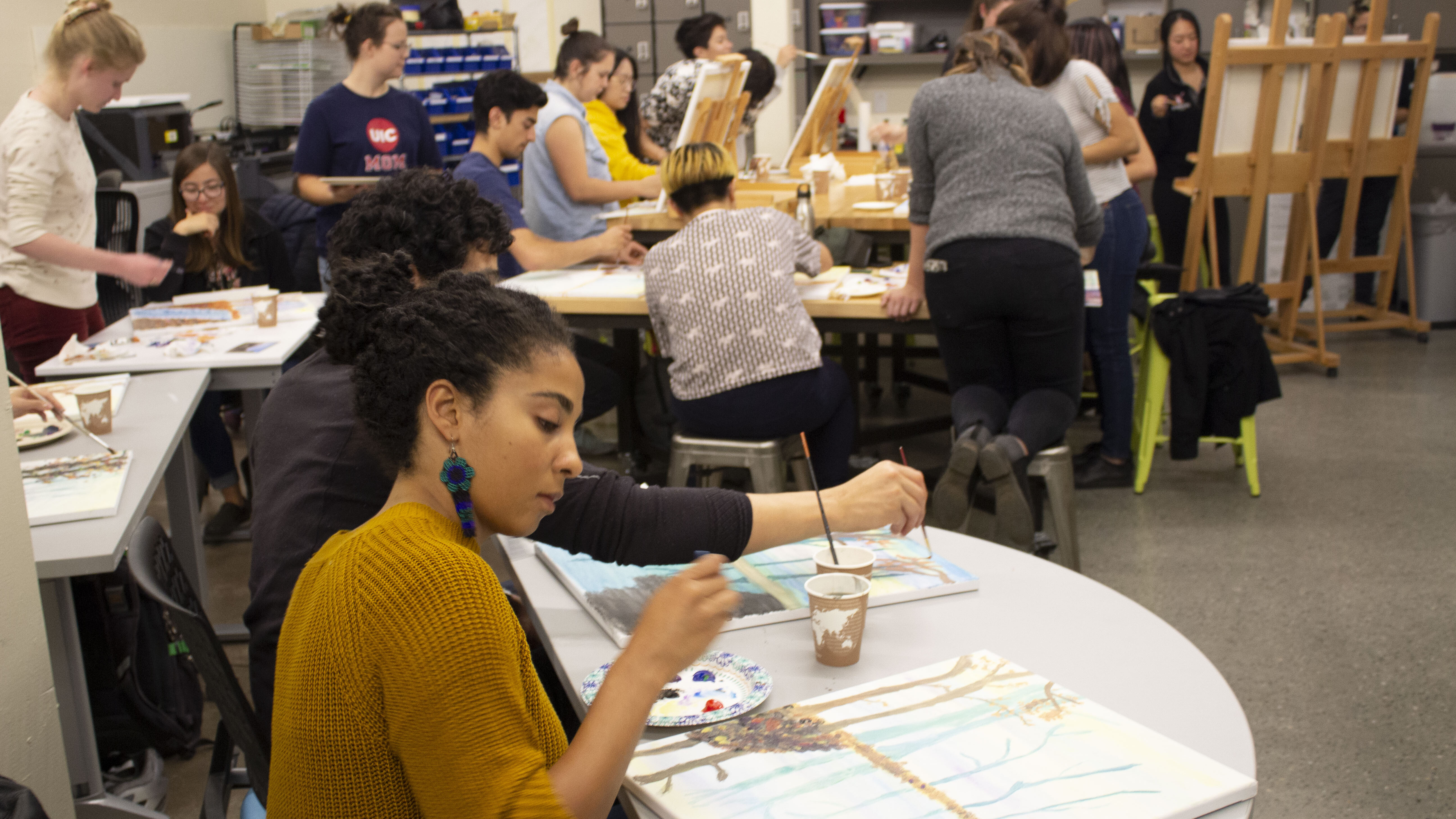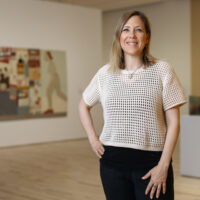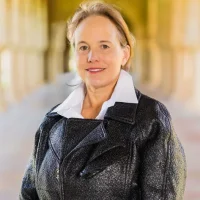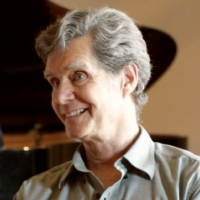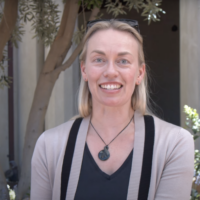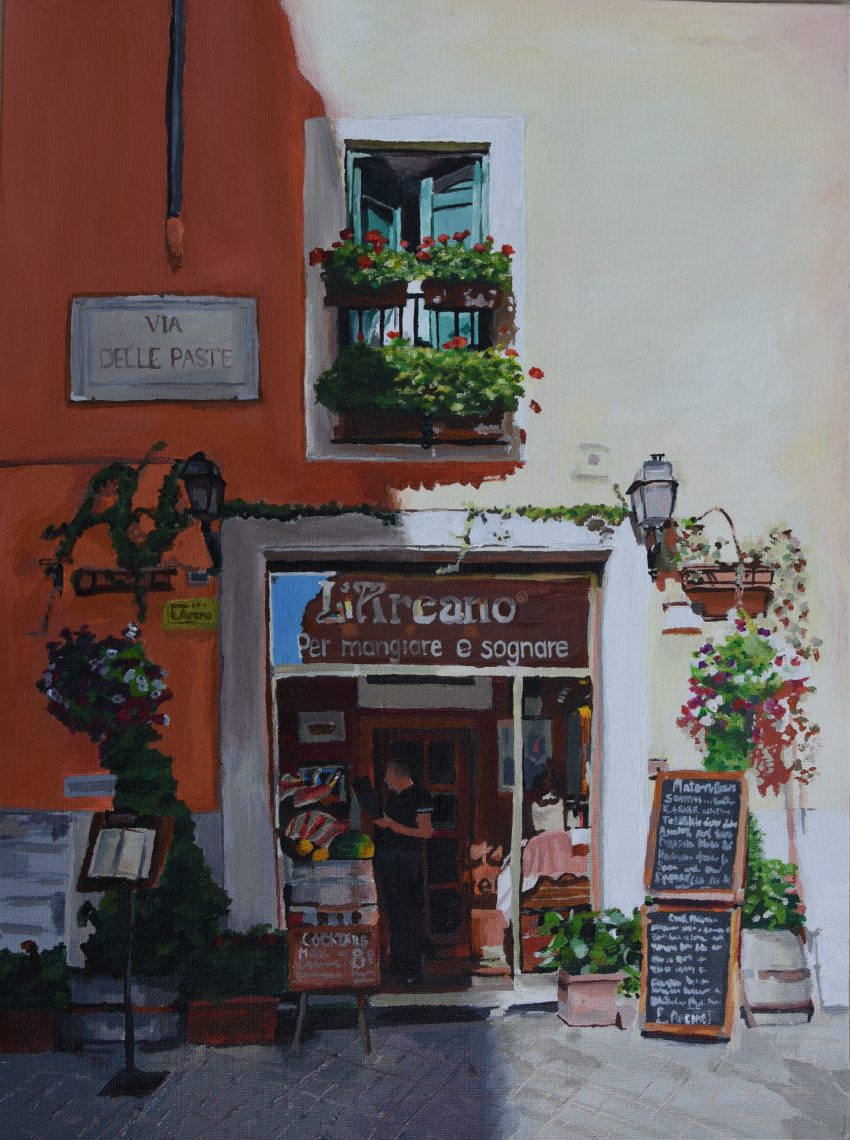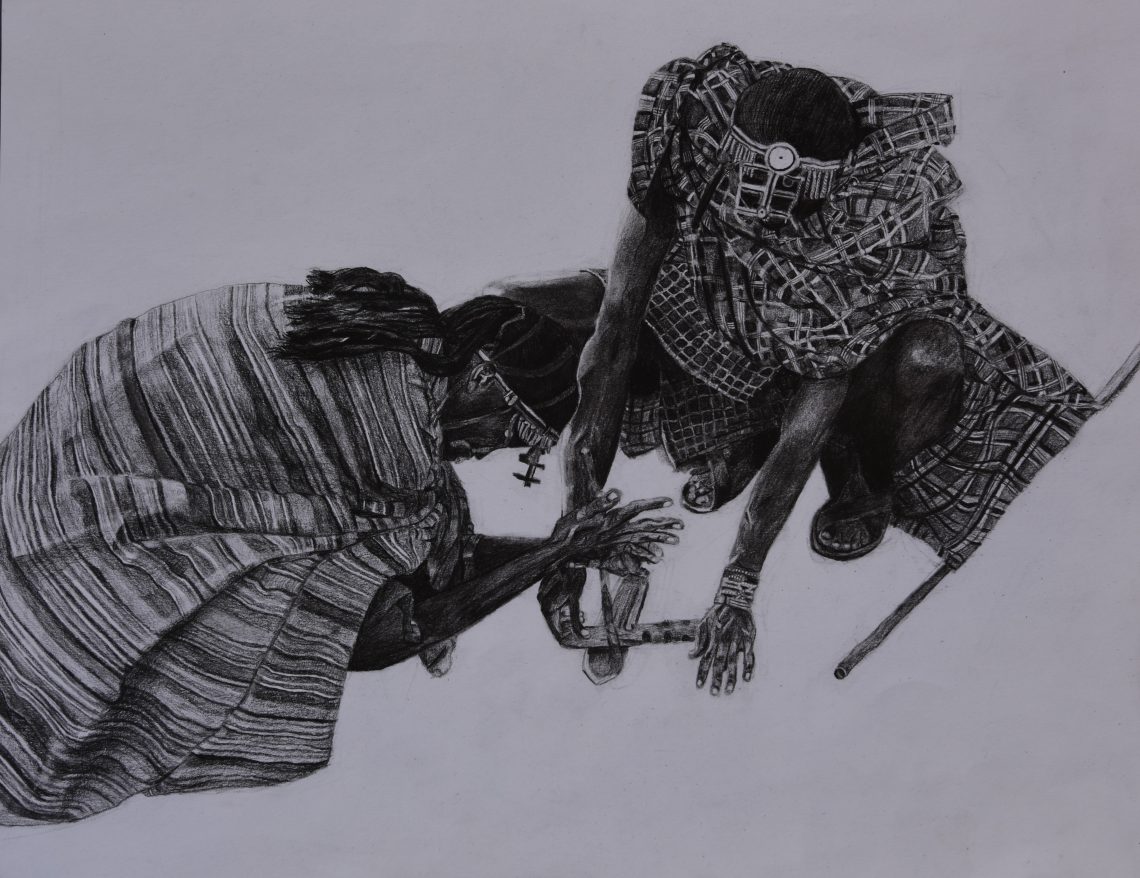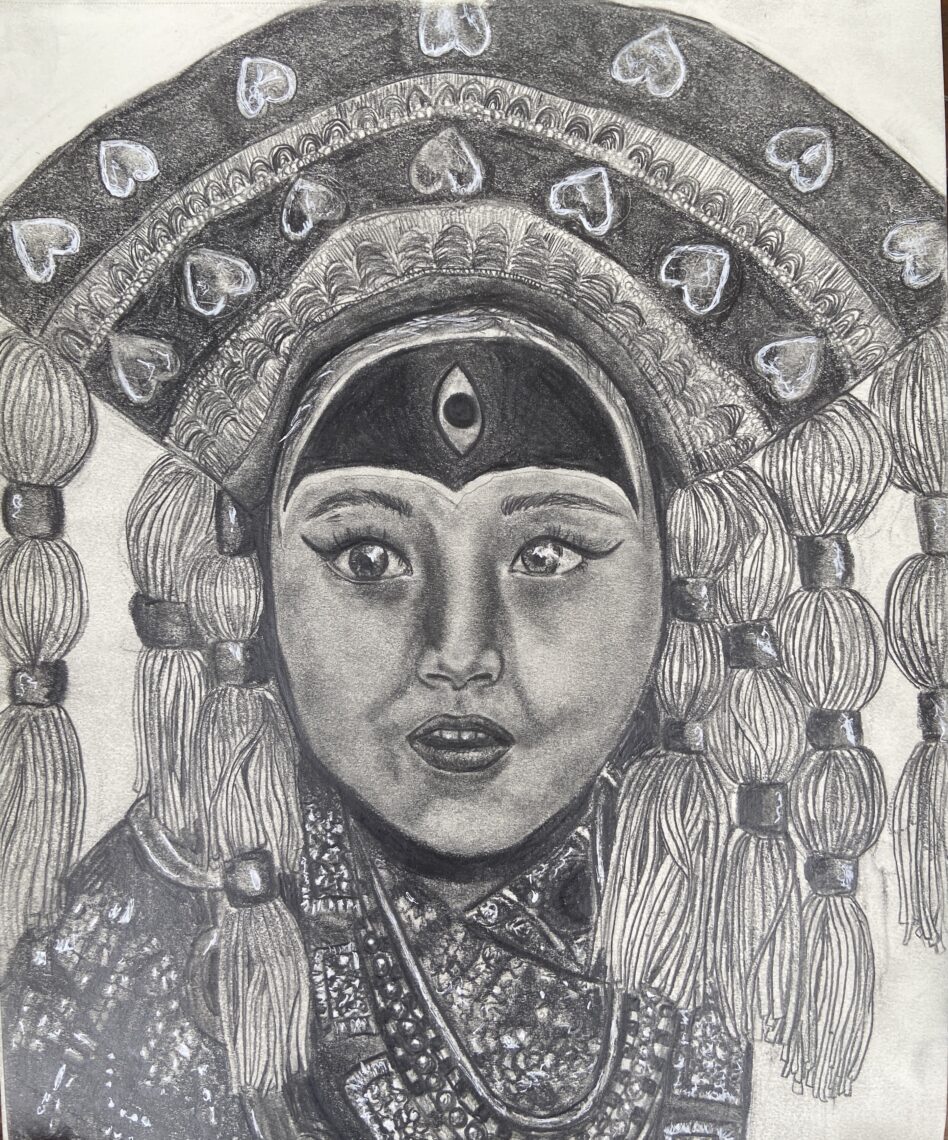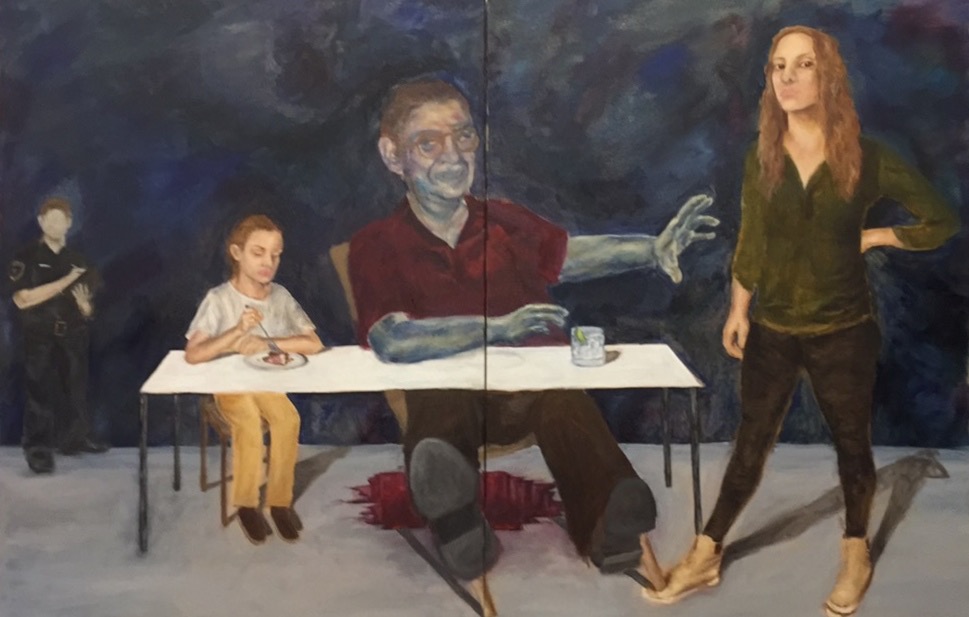About
Leadership
Office of the Vice President for the Arts
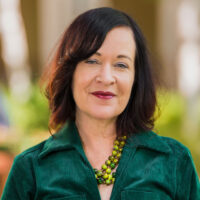 Deborah Cullinan
Deborah Cullinan
Vice President for the Arts
Deborah Cullinan is one of the nation’s leading thinkers on the pivotal role artists and arts organizations can play in shaping our social and political landscape. She has spent years mobilizing communities through arts and culture on a local and national level. Cullinan joined Stanford in early 2022 as a member of the university president’s cabinet and the first full-time vice president for the arts. She oversees a portfolio of multidisciplinary public-facing arts organizations and academic arts institutes that support her comprehensive, integrated, and future-facing vision for the arts at the university. Previously, Cullinan was CEO of Yerba Buena Center for the Arts (YBCA), where she launched several bold new programs, engagement strategies, and civic coalitions.
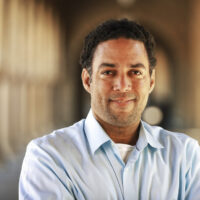 Adam Banks
Adam Banks
Faculty Director, Institute for Diversity in the Arts
Adam Banks is a professor of education at Stanford’s Graduate School of Education as well as a professor and faculty director of the Program in Writing and Rhetoric, and an affiliate faculty member of the African and African American Studies Program, the Science, Technology and Society Studies Program and the Comparative Studies in Race and Ethnicity Program, all in the Stanford School of Humanities and Sciences. He has taught writing, rhetoric, and digital media at Syracuse University and the University of Kentucky and served as the 2010 Langston Hughes Visiting Professor at the University of Kansas. Banks is the author of Digital Griots: African American Rhetoric in a Multimedia Age and of the award-winning Race, Rhetoric, and Technology: Searching for Higher Ground. His most recent book is a collaboration with Keith Gilyard: On African American Rhetoric, released in 2018.
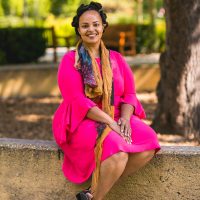 A-lan Holt
A-lan Holt
Director, Institute for Diversity in the Arts
A-lan Holt trains undergraduates in diversity and culture, arts leadership, and social justice. She is a practicing artist whose work includes theater, poetry, and film. Holt is a 2018 Sundance Fellow, a 2018 SF Film Screenwriting Fellow, and a frequent contributor on-air at KQED Arts. In 2016, Holt’s artist book Moonwork was published by Candor Arts Chicago and was shortlisted for the Cornish Family Prize at the Melbourne Art Book Fair. Since its release, Moonwork resides in several private and public institutions around the country. Holt has over ten years of experience considering questions of identity, diversity, culture, and aesthetics.
 Jason Linetzky
Jason Linetzky
Director, Anderson Collection at Stanford University
Jason Linetzky was an integral part of the Anderson family’s development of their art collection before they gave Stanford the core of their post-World War II American art holdings. Linetzky played a key role in developing the plans for the Anderson Collection at Stanford and is now responsible for operating the museum and building partnerships on campus. His extensive experience with all aspects of fine arts management – research, curating, conservation, installation, lending – and broader interest in all the arts serve the university well because of the interdisciplinary emphasis on campus.
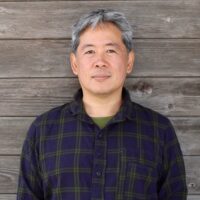 Hideo Mabuchi
Hideo Mabuchi
Faculty Director, Stanford Arts Institute
Hideo Mabuchi is a professor of applied physics and faculty director of the Stanford Arts Institute. A physicist by training, Mabuchi explores a nexus of conventional scientific research, craft (as a dedicated ceramist and occasional textile maker), interdisciplinary humanities (from a home base of aesthetic philosophy, new materialism, and literary theory), and integrative education. In addition to teaching, Mabuchi directs a research laboratory. His group’s sponsored research focuses mainly on quantum optics and the physics of computation; his personal research further extends to the science of traditional craft materials and processes. He also teaches undergraduate courses that center craft and student making and/or bridge STEM fields with the arts and humanities. He is also a faculty representative on the university Public Art Committee.
 Iris Nemani
Iris Nemani
McMurtry Family Director, Stanford Live
Iris Nemani is responsible for delivering on the vision and strategic direction of Stanford Live and curating a year-round season of multidisciplinary offerings from classical to jazz to world music to contemporary dance and circus. She is also committed to investing in opportunities to deepen relationships with artists, students, and faculty at Stanford and the broader Bay Area communities through performances, commissions, residencies, workshops, and masterclasses. Nemani oversees programming in multiple venues including Bing Concert Hall and Frost Amphitheater. Prior to joining Stanford in April 2024, she was chief programming officer at Harbourfront Centre, an international center for contemporary arts, culture, and ideas on Toronto’s central waterfront.
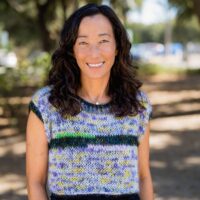 Ellen Oh
Ellen Oh
Director of Interdisciplinary Arts Programs
Ellen Oh oversees interdisciplinary initiatives, interweaving art into campus structures and systems in order to demonstrate its consequential impact. She creates the conditions for collaboration between Stanford’s academic community and visiting artists looking to expand their practice or arts-based research into new realms. Ellen is a creative producer, program catalyzer, and curator of people/teams who has worked as an arts administrator for the last 25 years in organizations of varying shapes and sizes. She currently serves on advisory boards for Root Division and Headlands Center for the Arts and formerly served as the Executive Director of Kearny Street Workshop, the longest standing multidisciplinary Asian American arts organization.
Veronica Roberts
John and Jill Freidenrich Director, Cantor Arts Center
Veronica Roberts joined the Cantor in July 2022 after holding curatorial positions at the Blanton Museum of Art in Austin, MoMA and the Whitney Museum in New York. Together with the curatorial team, Roberts is overseeing a dynamic expansion of the museum’s collection and spearheading significant acquisitions by leading contemporary artists. In the summer of 2024, she also introduced a new pilot project, Archive Rooms, to highlight the rich resources in Stanford’s Special Collections. Under her leadership, the Cantor has launched late-night hours on Thursday evenings and extended hours on weekends to expand community access to all that the museum offers.
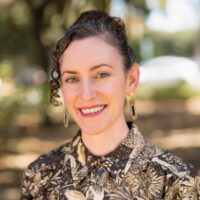 Anne Shulock
Anne Shulock
Assistant Vice President for the Arts
Anne Shulock provides leadership and support to advance a cohesive, distinctive vision for the arts at Stanford. She is responsible for evaluating the portfolio of non-academic arts offerings on campus, coordinating efforts across units, and operationalizing a strategy for future creative and artistic endeavors. She also provides crucial support to the vice president for the arts in further articulating and implementing the priorities of Stanford Arts, fostering collaboration across the university’s arts programs, and integrating the arts into many facets of student, campus, and community life. Prior to joining Stanford in 2019, she was chief of staff at the San Francisco Art Institute, an influential art college with a legacy of experimentation and innovation.
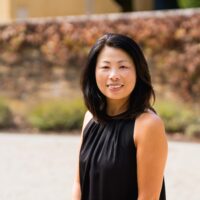 Mimi Wai
Mimi Wai
Sr. Director of Finance and Administration
Mimi Wai provides strategic leadership and direction for VPA’s financial and administrative functions including budgeting and financial management, human resources, IT and facilities/emergency planning. She has been with Stanford University since 2012, initially as the Director of Finance and Operations for Stanford Arts Institute in the School of Humanities and Sciences. She transitioned into her current role upon formation of the Vice Presidency for the Arts in 2017, leading the creation of the finance and administrative infrastructure of the new organization. Prior to joining Stanford, Mimi held multiple finance roles at Yahoo!, Apple, Microsoft, and Quantum.
School of Humanities & Sciences
Blakey Vermeule
Senior Associate Dean of Humanities and Arts
Blakey Vermeule, professor of English, is the senior associate dean for the humanities and arts. Vermuele joined the Stanford faculty in 2005 and has served as the chair of the Department of English and vice chair of the Stanford Faculty Senate. In addition to her research and teaching, she has been the co-director of Stanford Public Humanities, an initiative that seeks to advance research in the humanities and arts, which is a mission Vermeule hopes to continue as senior associate dean. Her research interests are neuroaesthetics, cognitive and evolutionary approaches to art, philosophy and literature, British literature from 1660-1820, post-Colonial fiction, satire, and the history of the novel.
Chris Chafe
Chair, Department of Music
Chris Chafe is a composer, improvisor, and cellist, developing much of his music alongside computer-based research. He is the director of the Center for Computer Research in Music and Acoustics (CCRMA). At IRCAM (Paris) and The Banff Centre (Alberta), he has pursued methods for digital synthesis, music performance and real-time internet collaboration. CCRMA's jacktrip project involves live concertizing with musicians the world over. Online collaboration software and research into latency factors continue to evolve. An active performer either on the net or physically present, his music reaches audiences in sometimes novel venues. Chafe’s works include gallery and museum music installations which are now into their second decade with “musifications” resulting from collaborations with artists, scientists and MD’s.
Pavle Levi
Chair, Department of Art & Art History
Pavle Levi is Osgood Hooker Professor of Fine Arts in Art Department's Film and Media Studies Program. His primary areas of research and teaching include history and theory of world cinema, East European film, aesthetics and ideology, experimental cinema, intersections of theory and practice. Levi is the recipient of the 2011 Gores Award for Excellence in Teaching.
Diana Looser
Chair, Department of Theater and Performance Studies
Diana Looser, associate professor of theater and performance studies, comes to theater academia from a background in theater practice and education (acting, voice and speech), with other disciplinary training in literary studies, sociolinguistics, and social psychology. Her research and teaching interests lie in the following areas: historiographic approaches to performance; ethnographic approaches to performance; postcolonial, transnational, and intercultural performance; performance from/about the Pacific Islands region (Oceania) and the Southern Ocean; transpacific studies; environment and performance; global humanities; theater history studies; contemporary theater and performance.
Office of Development
 Curtistine Waldon-Hoes
Curtistine Waldon-Hoes
Senior Director, Arts Development
Curtistine began her role as Senior Director, Arts Development in May of 2024, and was previously part of the University Major Gifts team at Stanford for nearly 10 years, building strong and enduring relationships primarily in Los Angeles, as well as in Arizona. She is no stranger to Stanford Arts, managing the LA Arts Council during her UMG tenure and completing two separate temporary assignments in the Arts over the last four years – most recently as interim Director of Development at the Cantor while leading the search to fill that role. Curtistine's deep experience with the arts also includes a prior role as the Director of Patron Relations at the Alvin Ailey Dance Company in NYC.
Together, we demonstrate the consequential creativity possible only at Stanford.

